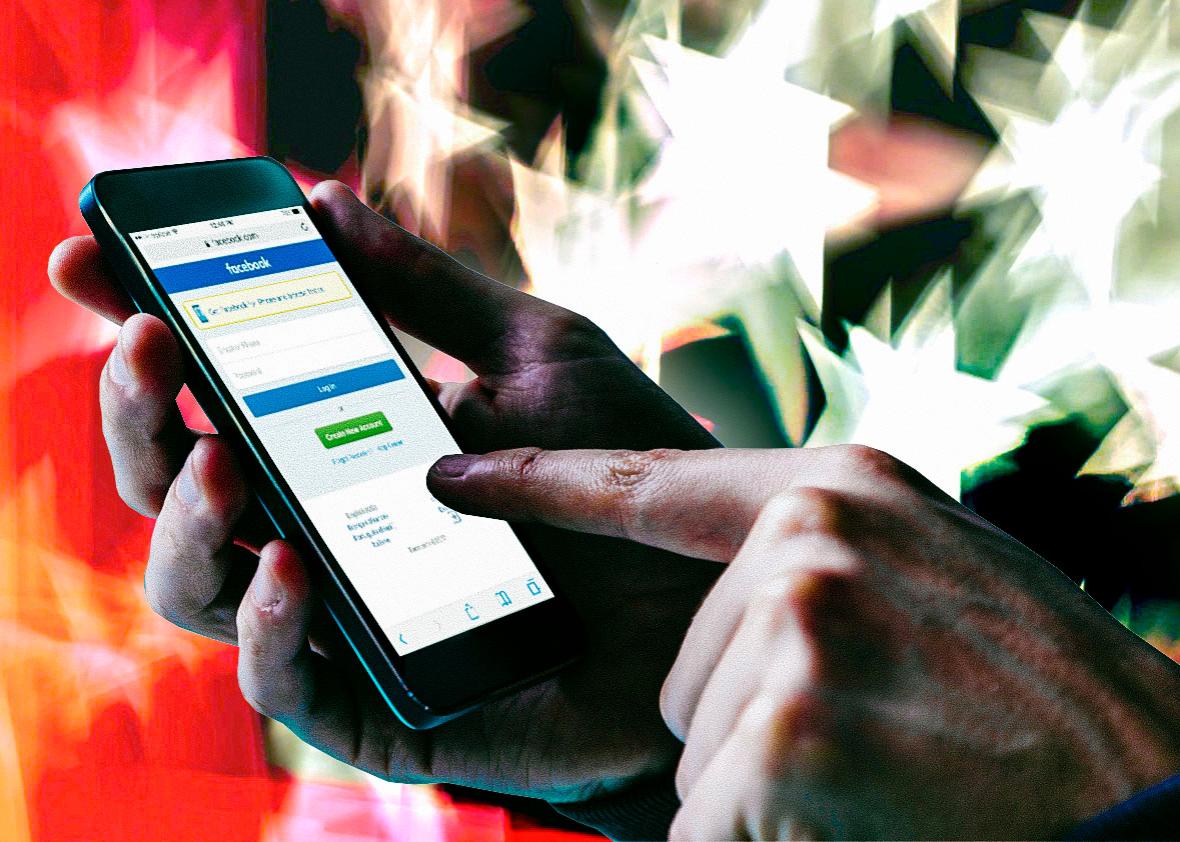On Tuesday, Secretary of Homeland Security John Kelly told Congress that the Department of Homeland Security is exploring the possibility of asking visa applicants not only for an accounting of what they do online, but for full access to their online accounts. In a hearing in the House of Representatives, Kelly said:
We want to say for instance, “What sites do you visit? And give us your passwords.” So that we can see what they do on the internet. And this might be a week, might be a month. They may wait some time for us to vet. If they don’t want to give us that information then they don’t come. We may look at their—we want to get on their social media with passwords. What do you do? What do you say? If they don’t want to cooperate, then they don’t come in.
This is alarming to many. As TechCrunch’s Devin Coldewey pointed out, asking people to surrender passwords would raise “obvious” privacy and security problems. But beyond privacy and security, the proposed probing of online accounts—including social media and other communications platforms—would, if implemented, be a major threat to free expression.
It is already clear that Trump is no great fan of free expression. On the campaign trail, Trump suggested talking to Bill Gates and others “about, maybe in certain areas, closing that internet up in some ways” as a way to combat ISIS. He then openly mocked those who would protest on behalf of free speech. Later, he promised to “open up” libel laws as a means of silencing media organizations. In November, one of his first public moves as president-elect was to propose “loss of citizenship” as a potential punishment for flag burning (an expressive act that the Supreme Court has found to be fully protected by the First Amendment). Not to mention his vow to wield the power of the federal government against practitioners of an entire religion, and his arguably unconstitutional executive order banning immigration from seven majority-Muslim countries.
Government surveillance is always a threat to free expression. That’s because surveillance encourages people to censor what they say. And this threat does not fall equally on all—our nation has a long history of disproportionately subjecting people of color and other marginalized communities to government surveillance.
Even when surveillance tactics monitor all individuals equally, social science research suggests that awareness of surveillance leads to self-censorship disproportionately among those who are racial or ethnic minorities or who hold minority viewpoints. Elizabeth Stoycheff, the author of a study exploring “how perceptions and justification of surveillance practices may create a chilling effect on democratic discourse by stifling the expression of minority political views,” explained last year in Future Tense,
I discovered that exposure to the terms of agreement [acknowledging surveillance] dampened individuals’ willingness to express or otherwise support their political views. These effects were found among people who felt they held political opinions different from those of most Americans, among those who thought these programs were necessary for the sake of national security, and in a recent follow-up analysis I conducted, among racial and ethnic minorities. These individuals refrained from expressing opinions that would alienate them from both their fellow citizens and from the government.
And indeed, government surveillance has been used to monitor and chill minority speech and conduct throughout American history. It happened in the 18th century, when “lantern laws” facilitated vigilante surveillance of everything people of color did after dark. It happened after Sept. 11, when agencies ramped up targeted surveillance of Muslims, chilling speech, activism, organizing, and religious conduct. It’s happening right now to activists in the Movement for Black Lives, some of whom have acknowledged that repeated revelations about widespread surveillance of activists has caused them to temper their speech.
So when a Cabinet member starts talking about compelling visa applicants from Muslim-majority countries to let his agency scrutinize both their public social media activities and their private communications, we should be very concerned. Even the threat of increased surveillance could lead to self-censorship—disproportionately of minority viewpoints—impoverishing our public discourse.
